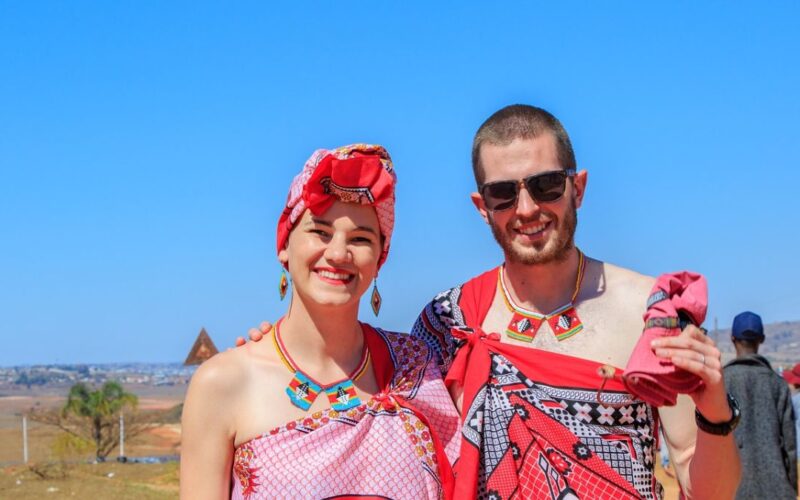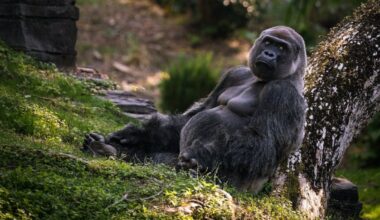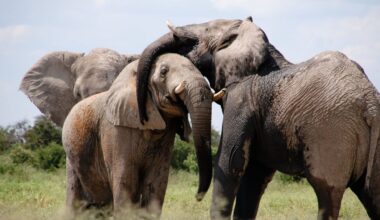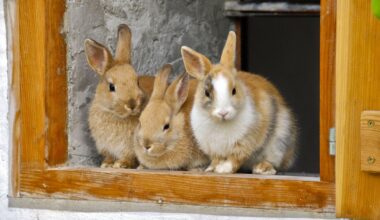Nestled within the heart of Southern Africa lies a captivating land of cultural richness and natural splendor—Swaziland, officially known as Eswatini. Beyond its stunning landscapes and vibrant traditions, this small kingdom holds lesser-known facets that add depth to its narrative.
A Kingdom’s Unique Name: Eswatini
While commonly known as Swaziland, the country officially adopted the name Eswatini in 2018. This name change, meaning “land of the Swazis,” reflects the nation’s cultural heritage and signifies the essence of its people.
Insight: Eswatini’s decision to embrace its indigenous name showcases a strong commitment to preserving its heritage and cultural identity in a globalized world.
Monarchy and Cultural Significance
Eswatini is one of the few remaining absolute monarchies globally. The reigning King, Mswati III, holds considerable influence over the nation’s affairs. The monarchy is deeply entwined with Swazi culture, where rituals and traditions play a pivotal role in societal norms and ceremonies.
Insight: The monarchy serves as a unifying force, upholding cultural traditions while navigating modern challenges, reflecting a delicate balance between tradition and progress.
Reed Dance Ceremony
The Umhlanga or Reed Dance Ceremony is a celebrated cultural event in Eswatini. Young women participate in a dance adorned with reeds, presenting them to the Queen Mother and promoting chastity and unity among Swazi women.
Insight: This ceremonial dance is a testament to the country’s commitment to preserving its values, fostering community bonds, and celebrating womanhood.
Wildlife and Conservation
Eswatini’s diverse landscapes encompass savannas, mountains, and reserves that support a variety of wildlife. The Mlilwane Wildlife Sanctuary, Hlane Royal National Park, and Mkhaya Game Reserve are havens for rhinos, elephants, and rare species like the sable antelope.
Insight: Efforts in conservation showcase a dedication to preserving natural heritage, promoting eco-tourism, and safeguarding biodiversity.
Traditional Crafts
Artisanal crafts in Eswatini reflect the country’s rich cultural tapestry. From intricately woven sisal baskets and colorful beadwork to traditional pottery, these crafts showcase Swazi heritage and skills passed down through generations.
Insight: These crafts are not just products; they are repositories of cultural stories, carrying the legacy of Swazi traditions into the future.
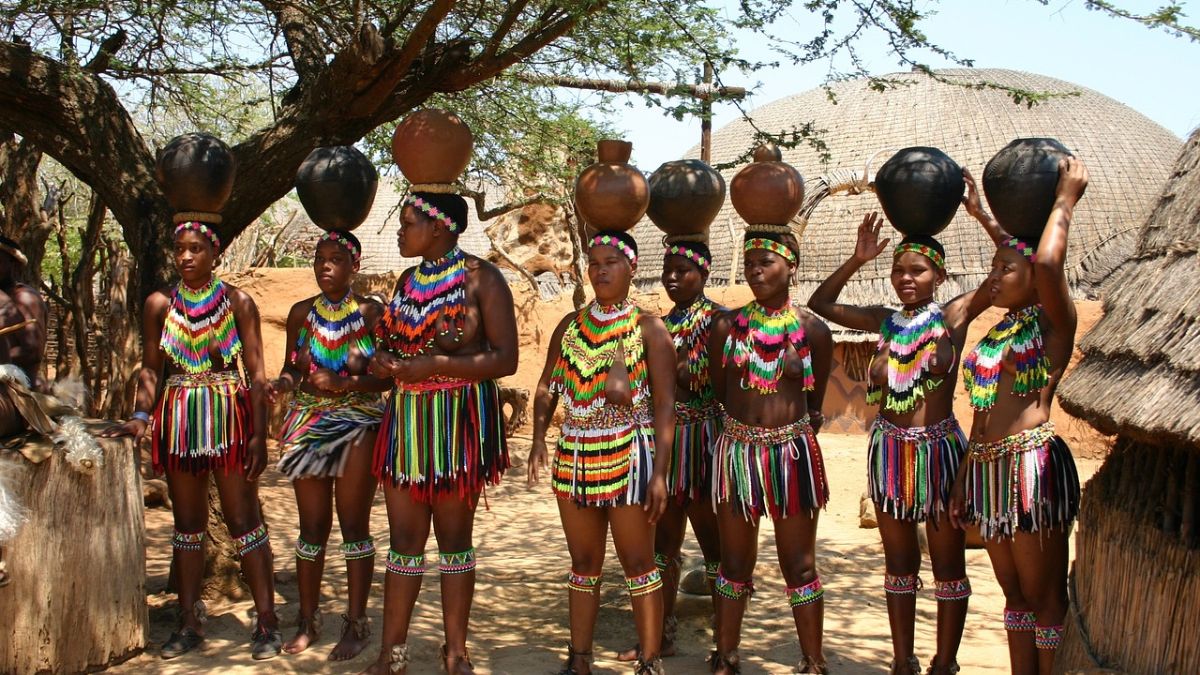
Cultural Festivals and Celebrations
Beyond the Umhlanga Ceremony, Eswatini hosts a plethora of vibrant festivals throughout the year, such as the Incwala, a sacred kingship ritual, and the Marula Festival, celebrating the harvest of the indigenous marula fruit.
Insight: These festivals provide a window into the country’s cultural vibrancy and offer visitors an immersive experience into Swazi traditions.
HIV/AIDS Initiatives
Eswatini faces challenges with HIV/AIDS, with one of the highest prevalence rates globally. However, the country has implemented progressive initiatives, including education programs, treatment accessibility, and community support networks.
Insight: The nation’s response demonstrates resilience and a proactive approach towards combating the epidemic, aiming for a healthier future.
Dual Economy
Eswatini boasts a diverse economic landscape, with traditional agriculture coexisting alongside modern industries. While agriculture remains vital, sectors like manufacturing, tourism, and the services industry contribute significantly to the economy.
Insight: Balancing traditional livelihoods with modern economic ventures highlights adaptability and the nation’s efforts to embrace economic diversification.
Linguistic Diversity
Despite being a small nation, Eswatini is linguistically diverse. While SiSwati is the official language, English is widely spoken. Additionally, other languages like Zulu and Tsonga are prevalent in various regions.
Insight: Linguistic diversity echoes the country’s cultural richness, fostering a sense of inclusivity and unity among its people.
Resilient Spirit
Eswatini’s history is marked by resilience—be it overcoming colonial influences, preserving traditions amidst modernization, or facing societal challenges. The nation’s enduring spirit and determination continue to shape its journey forward.
Insight: The resilience of Eswatini reflects the strength and character ingrained within its people, paving the way for a future built on a deep-rooted cultural foundation.
In essence, Eswatini’s allure extends beyond its picturesque landscapes; it lies within its cultural fabric, the resilience of its people, and the harmonious blend of tradition and progress that define this captivating kingdom in Southern Africa.
